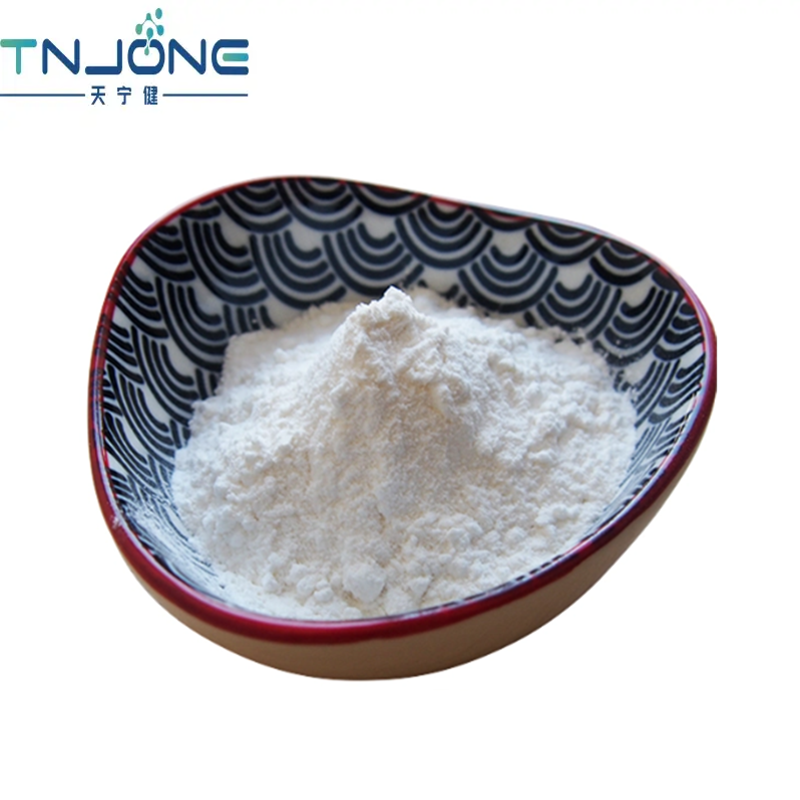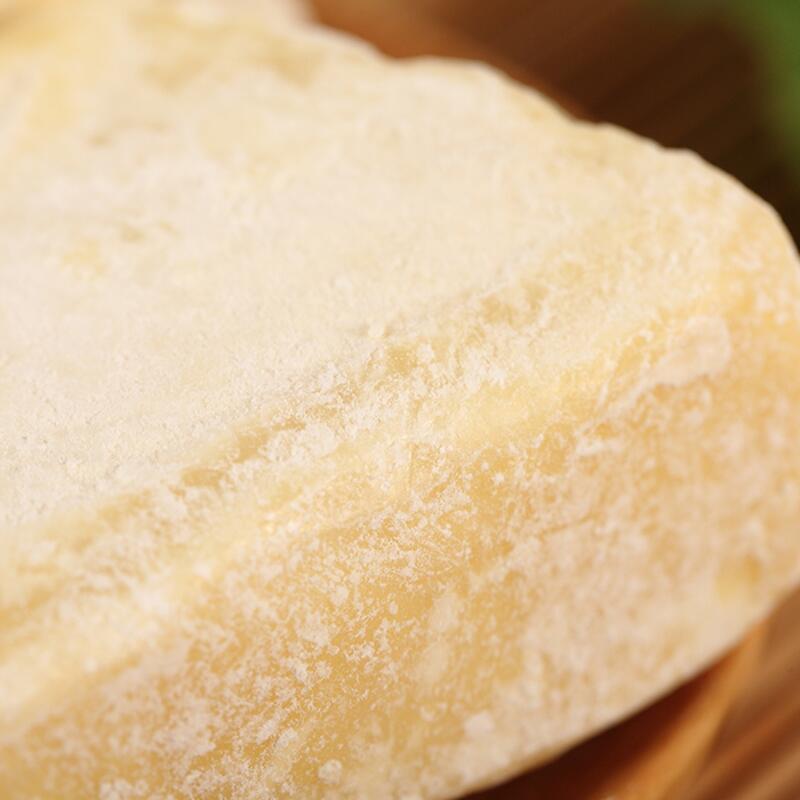-
Categories
-
Pharmaceutical Intermediates
-
Active Pharmaceutical Ingredients
-
Food Additives
- Industrial Coatings
- Agrochemicals
- Dyes and Pigments
- Surfactant
- Flavors and Fragrances
- Chemical Reagents
- Catalyst and Auxiliary
- Natural Products
- Inorganic Chemistry
-
Organic Chemistry
-
Biochemical Engineering
- Analytical Chemistry
-
Cosmetic Ingredient
- Water Treatment Chemical
-
Pharmaceutical Intermediates
Promotion
ECHEMI Mall
Wholesale
Weekly Price
Exhibition
News
-
Trade Service
foodmate.
net/tag_2319.
html" class="zdbq" title="Corn related food information" target="_blank">Corn is not only a common foodmate.
net/tag_2427.
html" class="zdbq" title="Staple food related food information" target="_blank">staple food in many countries , but also an important raw material for processed foodmate.
net/tag_3748.
html" class="zdbq" title="Food related food information" target="_blank">foods .
In order to stabilize foodmate.
net/tag_1663.
html" class="zdbq" title="Food price related food information" target="_blank">food prices , South Korea will formally implement a "zero tariff" measure on corn foodmate.
net/tag_951.
html" class="zdbq" title="Import related food information" target="_blank">imports from the 23rd .
What are the specific details of this measure, and what are the reasons behind it?
net/tag_2319.
html" class="zdbq" title="Corn related food information" target="_blank">Corn is not only a common foodmate.
net/tag_2427.
html" class="zdbq" title="Staple food related food information" target="_blank">staple food in many countries , but also an important raw material for processed foodmate.
net/tag_3748.
html" class="zdbq" title="Food related food information" target="_blank">foods .
In order to stabilize foodmate.
net/tag_1663.
html" class="zdbq" title="Food price related food information" target="_blank">food prices , South Korea will formally implement a "zero tariff" measure on corn foodmate.
net/tag_951.
html" class="zdbq" title="Import related food information" target="_blank">imports from the 23rd .
What are the specific details of this measure, and what are the reasons behind it?
At the well-known Jongno Food Street in Seoul, there is still a lot of traffic at lunchtime.
Recently, the weather is getting hotter and hotter.
Many restaurants nearby offer salad dishes made of corn kernels and green leafy vegetables, which are quite popular among consumers.
Recently, the weather is getting hotter and hotter.
Many restaurants nearby offer salad dishes made of corn kernels and green leafy vegetables, which are quite popular among consumers.
For example, a common canned corn kernel on the Korean market is not only frequently used in restaurants, but also sometimes prepared by ordinary families.
Taking into account the importance of corn as a food material, South Korea has decided to reduce the import tariff on corn from the current 3% to zero.
From tomorrow, imported corn will be officially opened during customs declaration.
Taking into account the importance of corn as a food material, South Korea has decided to reduce the import tariff on corn from the current 3% to zero.
From tomorrow, imported corn will be officially opened during customs declaration.
The reporter learned from the Korean Customs Service yesterday that the "zero tariff" measures for imported corn will be implemented by the end of this year, and a total of 1.
28 million tons of corn are expected to be imported.
Regarding the specific source of the importing country, the reporter is further confirming with the South Korean agricultural department.
South Korea’s available arable land is relatively small and the self-sufficiency rate of grain is relatively low.
The self-sufficiency rate of corn is less than 5%.
28 million tons of corn are expected to be imported.
Regarding the specific source of the importing country, the reporter is further confirming with the South Korean agricultural department.
South Korea’s available arable land is relatively small and the self-sufficiency rate of grain is relatively low.
The self-sufficiency rate of corn is less than 5%.
For a long time, Korea's corn has mainly relied on imports from major corn producing areas such as the United States and Brazil.
This time South Korea hopes to further stimulate corn imports by eliminating tariffs, stabilize the price of corn processed foods, and also help reduce the production costs of corn starch, corn syrup and other food companies and even non-food companies such as corn environmental protection materials.
This time South Korea hopes to further stimulate corn imports by eliminating tariffs, stabilize the price of corn processed foods, and also help reduce the production costs of corn starch, corn syrup and other food companies and even non-food companies such as corn environmental protection materials.
In fact, the "zero tariff" on corn is one of several important measures taken by South Korea to regulate food prices this year.
Affected by the epidemic and weather factors, the prices of agricultural products on the Korean market are still rising.
The retail price of a catty of soybeans this week has reached 5,488 won, or about 32.
4 yuan, a year-on-year increase of 17.
3%.
As global grain prices are bullish and international shipping prices rise, South Korea is also stepping up its tariff reduction measures on other grains.
When necessary, South Korea will also consider providing financial support to grain import companies.
Affected by the epidemic and weather factors, the prices of agricultural products on the Korean market are still rising.
The retail price of a catty of soybeans this week has reached 5,488 won, or about 32.
4 yuan, a year-on-year increase of 17.
3%.
As global grain prices are bullish and international shipping prices rise, South Korea is also stepping up its tariff reduction measures on other grains.
When necessary, South Korea will also consider providing financial support to grain import companies.







